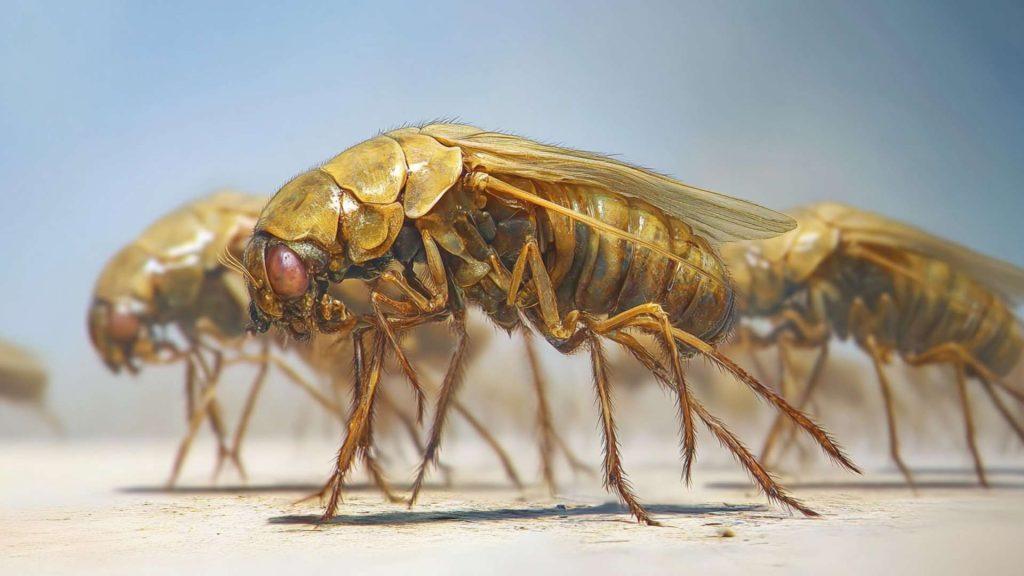Hornets are notorious for their aggressive behavior, especially during the late summer and early fall. While hornets generally avoid human interaction, they become much more defensive and prone to stinging during these months. Understanding why hornets display this aggressive behavior can help you avoid dangerous encounters and manage hornet activity around your home.



Increased Colony Size and Nest Defense
One of the primary reasons hornets become more aggressive in late summer is the size of their colony. By late summer, a hornet nest has reached its peak population. At the beginning of the season, a hornet colony is relatively small, and the workers are focused on gathering food for the growing larvae. However, as the season progresses, the colony expands significantly, sometimes housing thousands of hornets. With a larger colony comes greater nest defense. Hornets are highly territorial insects, and when the nest grows, they become more vigilant in defending it. Workers are more likely to perceive nearby activity as a threat, which leads to their increased aggression. Species like the Asian giant hornet and the European hornet are particularly known for their aggressive defense strategies when protecting their nests.Limited Food Sources
During the late summer, food sources for hornets become scarce. Earlier in the season, hornets primarily feed on other insects, helping to control the pest population. However, as the season shifts into late summer, hornet colonies begin to search for new food sources. This shift in diet often brings hornets close to humans, as they seek out sugary foods and drinks. Hornets become particularly attracted to ripe fruits, sugary drinks, and even meats found at outdoor gatherings. This change in diet makes hornets more assertive in their search for food, often causing them to hover around outdoor dining areas or garbage cans. As they become more desperate for sustenance, they are less tolerant of disturbances and quicker to sting if they feel threatened.The Reproductive Phase
Another factor contributing to hornet aggression in late summer is the reproductive phase of the colony. By this point in the season, the queen has produced a new generation of queens and males, which will leave the nest to mate and start new colonies. The remaining worker hornets, which are sterile females, have only one primary goal: protect the nest and its resources. This shift in focus makes hornets more aggressive toward perceived threats, as they are working to ensure the survival of the next generation. Any movement or activity near the nest is seen as a danger, triggering defensive behaviors.Temperature and Activity Levels
Warm weather also plays a role in hornet behavior. Hornets are more active in higher temperatures, which means they are flying around more frequently during the late summer months. With increased activity, the chances of encountering a hornet nest also rise. Warmer weather also speeds up their metabolism, making hornets more aggressive in their search for food.
How to Avoid Aggressive Hornets
To avoid encountering aggressive hornets, it’s important to be mindful of your surroundings, especially in late summer. Do not wear bright colored cloths or strong perfumes, as these can attract hornets mistaking you for a food source. When eating outdoors, keep food covered and trash cans sealed tightly to prevent hornets from foraging near your dining area. If you spot a hornet nest, keep your distance and avoid disturbing the area. Aggressive hornet species, such as Asian giant hornets or European hornets, will readily defend their nest if they feel threatened. In these situations, it’s advised to contact a pest control expert.Myths and Facts About Hornet Aggression
| Myth | Fact |
| Hornets are always aggressive year-round. | Hornets become more aggressive in late summer and early fall when their colony is at its largest. |
| Hornets only sting when provoked. | Hornets will sting to defend their nest, even if you unintentionally get too close. |
| All hornet species are equally aggressive. | Some species, like the Asian giant hornet, are more aggressive than others. |
| Hornets die after they sting. | Hornets can sting multiple times before losing their stingers. |
| Destroying a hornet nest will prevent future infestations. | Hornets may rebuild in the same area if conditions remain favorable for nesting. |


